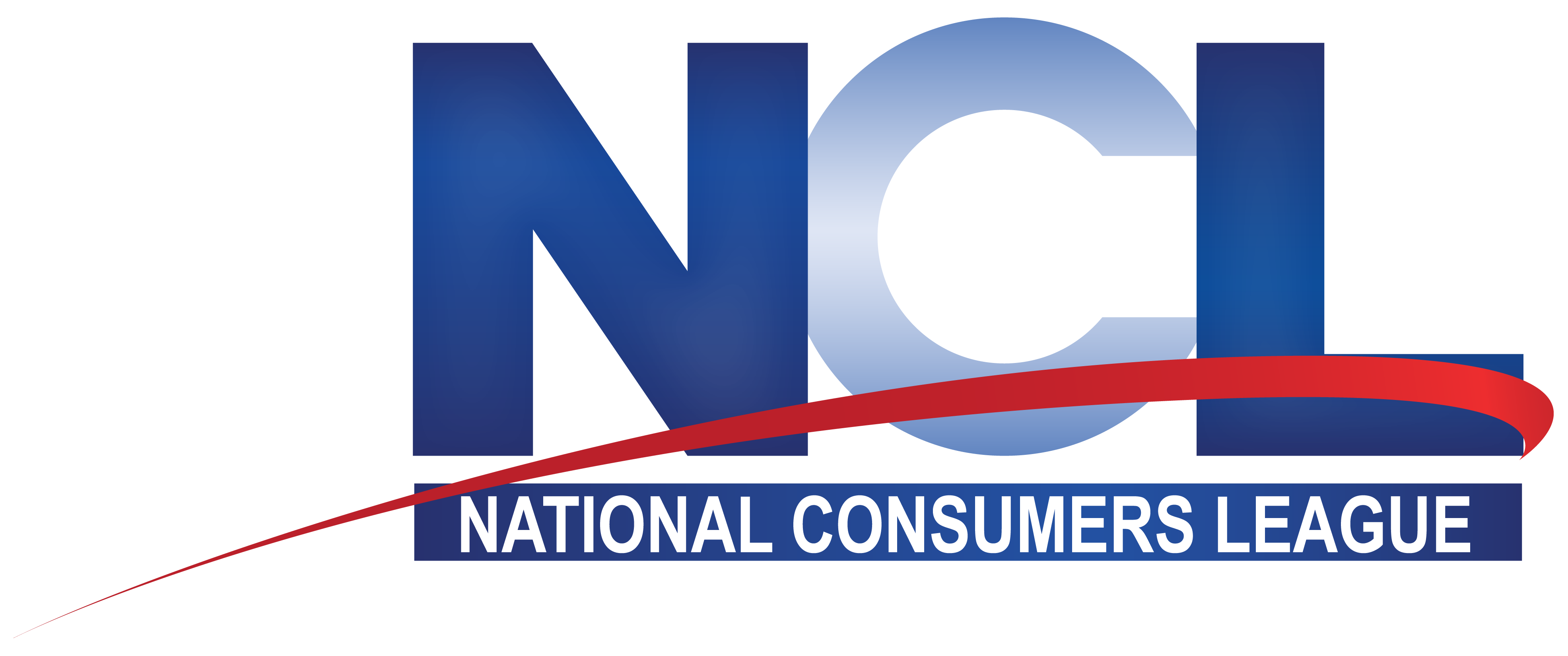Stay smart as student loan payments restart
This month, millions of borrowers will have to make payments on their student loans for the first time in over three years. For many, this will be the first time that they will put money towards their student debt. For all borrowers, this marks a significant transition that can affect their budgets. Unfortunately, we anticipate that criminals will seek to take advantage of consumers unfamiliarity with the student debt system to try and defraud them.
Given the popular focus on debt cancellation over the past few years, it is unsurprising that fraudsters have tried to deceive borrowers with illegitimate promises of debt relief. These schemes usually involve outreach to consumers with requests for sensitive information, such as a Social Security number, bank account information, or Federal Student Aid (FSA) login credentials. In addition, scammers may attempt to charge a bogus fee for their “debt cancellation” services without ever helping the victim.
Another common fraud related to student debt is phony consolidation and refinancing offerings. Often under the premise of lower interest rates or lower monthly payments, bad actors will perpetrate these schemes in a similar fashion as cancellation fraud with the hope of gaining sensitive consumer information or extracting payment. For most victims who believe their loans are consolidated under one of these scams, they never officially change their loan servicer. This means that despite potentially months of repayment, their charges were going to the fraudsters while their actual debt balances grew with interest and suffered penalties.
The criminals behind these scams can impersonate legitimate entities within the student debt space, such as the U.S. Department of Education, a borrower’s university, or legitimate loan servicers. Others, however, peddle their scams under novel (and fake) branding. Many scammers will also charge for filing services that would normally be free if the consumer filed directly themselves. For example, one Pennsylvanian reported to Fraud.org a bogus “document preparation services” company that charged hundreds of dollars under the guise of helping borrowers get ready for repayment.
With student loan payments resuming, keep the following in mind:
- The federal government offers loan consolidation services and limited debt relief programs (like Public Service Loan Forgiveness, Teacher Loan Forgiveness, and Income-Driven Repayment) free of charge. Anyone seeking a fee to provide these services is likely a criminal.
- The federal government and its contracted partners will never ask you for your login credentials over text, phone, or email.
- Ask your loan servicer about the details of your repayment plan and make sure you’re enrolled in the best plan for you. If you’re unsure which plan is right for you, check on the Federal Student Aid website.
- Make sure your monthly payments line up with the estimated monthly payments under your desired repayment plan. If they don’t, that may be a sign that you are paying a fraudulent business or that your legitimate servicer enrolled you in the wrong repayment plan.
If you or someone you know has targeted by or been a victim of a fraudulent student loan repayment scam or any other type of fraud, we encourage you to report it via Fraud.org’s complaint system. Complaints filed with Fraud.org are shared with a network of more than 200 law enforcement and consumer protection agency partners who can investigate these crimes.





